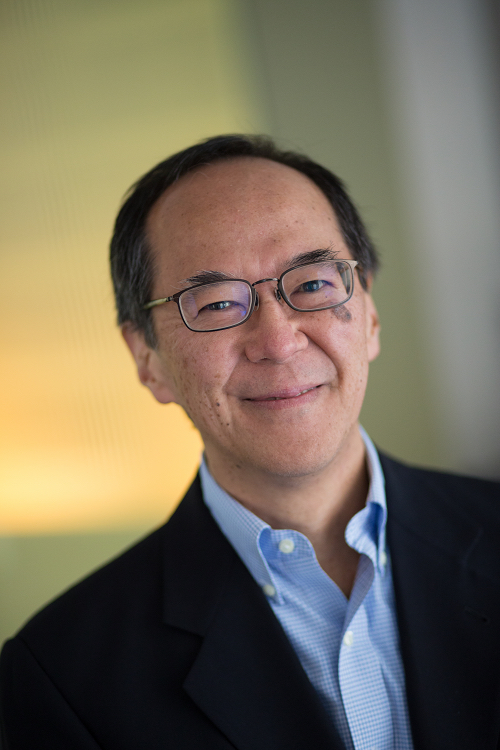 Self-driving cars might not be a boon to everyone.
Self-driving cars might not be a boon to everyone.
Tak Igusa, professor of civil and systems engineering at the Johns Hopkins Whiting School of Engineering, looks into social issues with this new technology.
Takeru Igusa is a professor of civil engineering and a leading expert in systems science. He is known for bringing new insights to complex problems in public health through the use of systems principles and analytical techniques. His background in engineering and applied mathematics has allowed him to work across a diversity of fields, from epidemiology to community resilience to civil and mechanical structures. In addition to his work creating policies and planning tools to increase the safety of autonomous vehicle testing and deployment, he is involved in a project with the Centers for Disease Control to model community resilience in the wake of natural disasters. He also has spearheaded a number of research and educational initiatives at Johns Hopkins, including an NIH-funded Global Center for Childhood Obesity, where he served as director.
The Ethics of Autonomous Vehicles
Self-driving cars, once the stuff of science fiction, are quickly becoming reality, as auto manufacturers race to be the first to market. Most are now in a testing phase.
This phase raises ethical questions that must be addressed to ensure that this new technology doesn’t worsen existing social inequalities.
For example, most companies test their models in high-income areas with excellent infrastructure. If they end up deploying only there, then residents of lower-income areas will be cut off from technology that could make their lives better.
Access to healthy fresh fruits and vegetables is an area where self-driving cars have the potential to help – if deployed intelligently and fairly. Many inner city communities are “food deserts,” with corner stores carrying mostly convenience foods.
Because they generally lack access to reliable, affordable transportation, residents usually shop once a month, choosing items that will last. Self-driving cars would provide easier access to fresh foods, and could even deliver them. Self-driving cars could also help lower-income residents with access to medical services, recreational centers, and even employment.
To this end, my colleagues and I are working with cities to help create policies around self-driving vehicle testing and deployment to ensure those in lower-income areas are not left out.
We also want to create what we call “a real test bed:” a small fleet of autonomous vehicles doing the kinds of things we’ve been talking about. Our first goal is to determine how autonomous vehicles can best be deployed to improve both the food environment and access to health care in these lower income, under-resourced communities.
